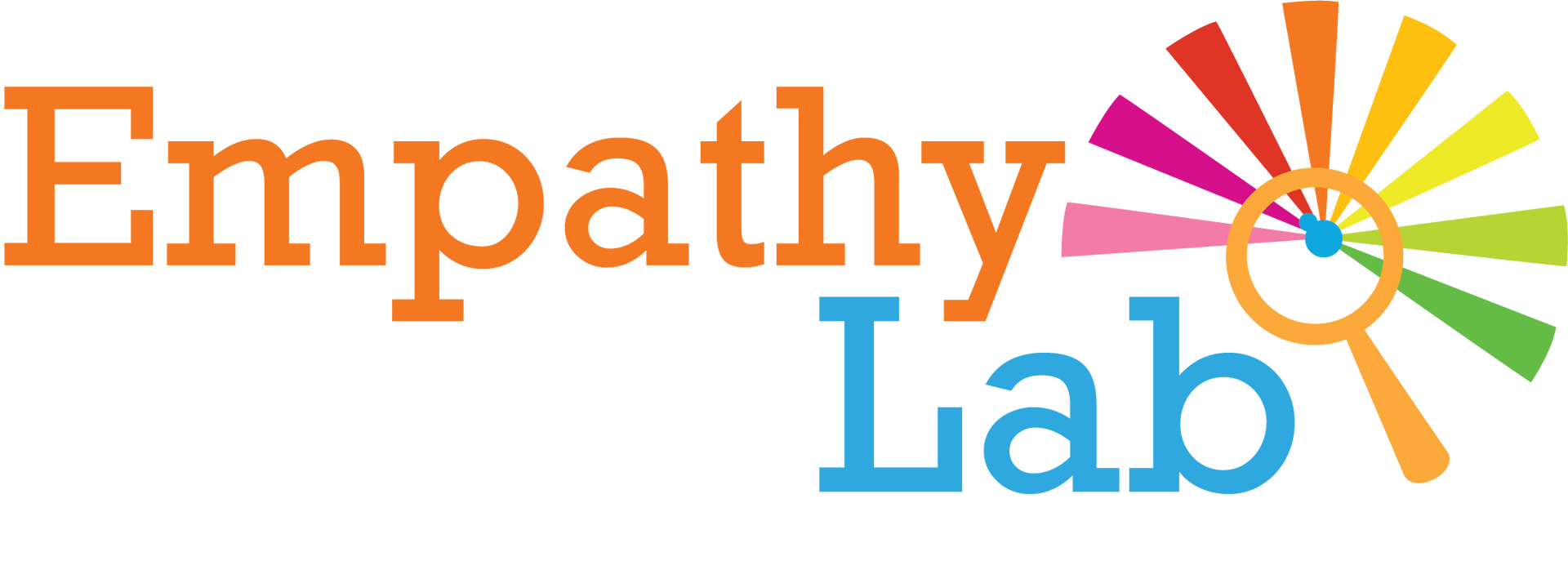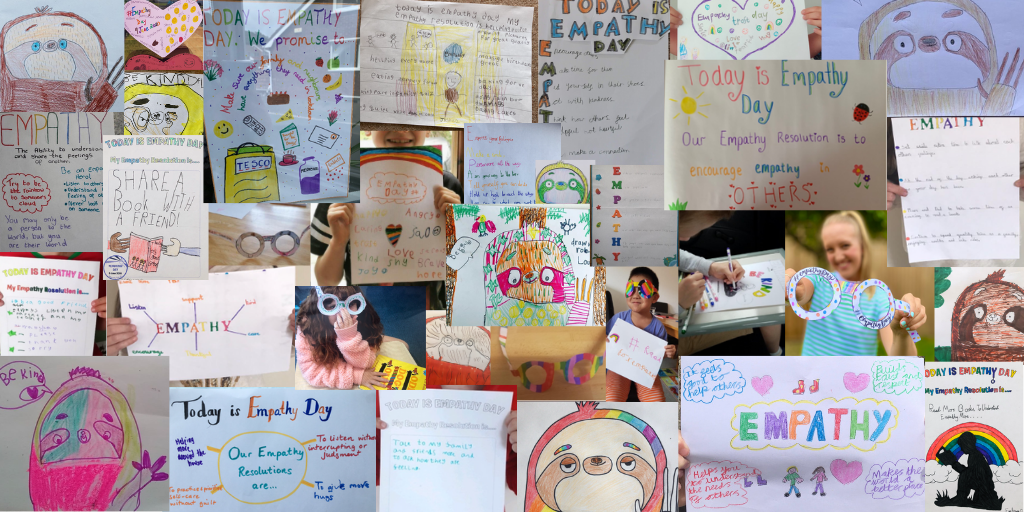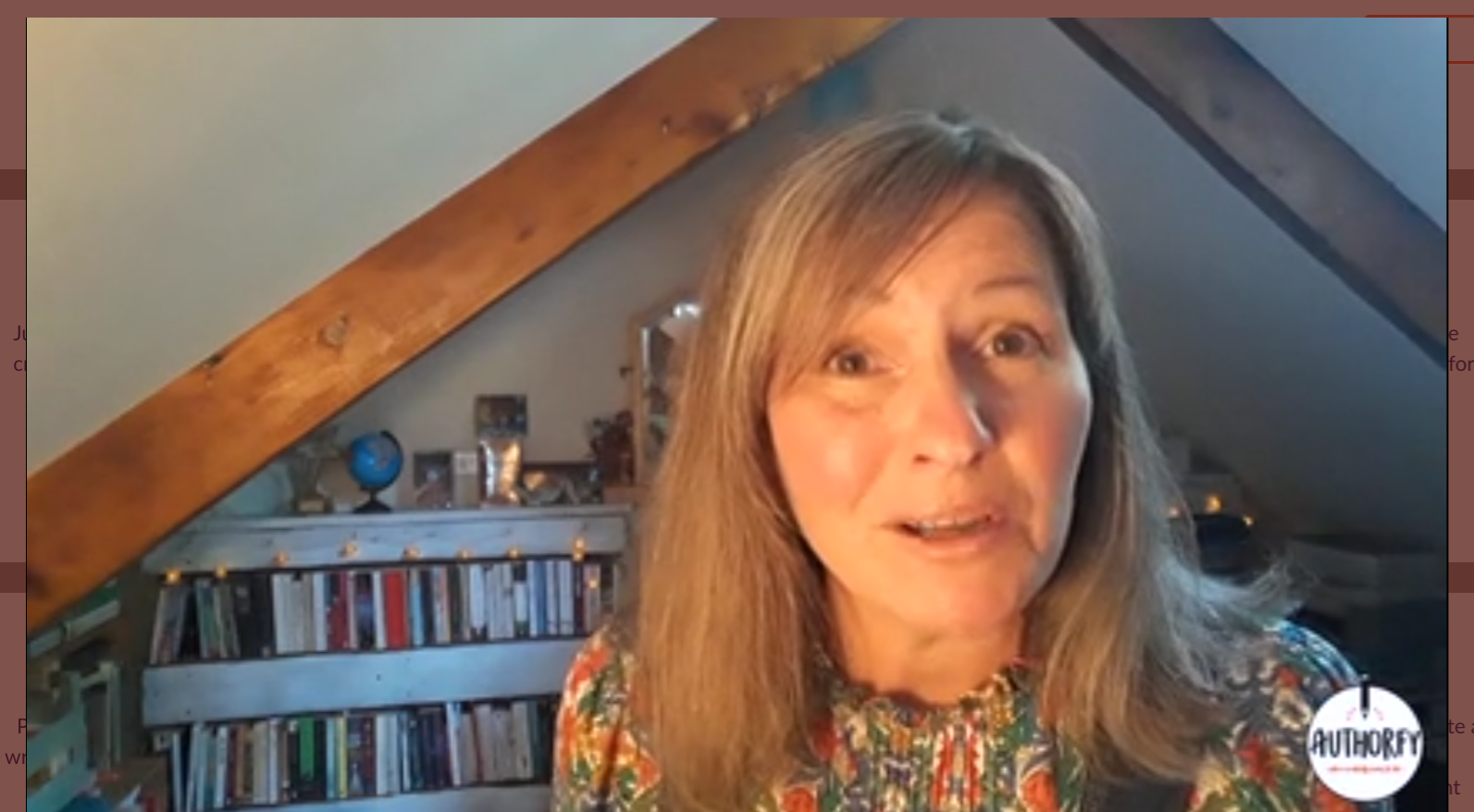Celebrating Empathy Day 2020
- By EmpathyLab
- •
- 10 Jun, 2020
- •
Thank you to everyone who joined in with our countdown to Empathy Day and our exciting online author-led programme on 9 June!
he enthusiasm has been amazing and it is clear that there is a nationwide hunger for a new empathy movement. With our activities split across three key elements – READ, CONNECT, ACT – we were thrilled to see how many children, teachers, parents and librarians took part.
Despite lockdown, our school and library involvement was higher than ever. We trended in the top ten on UK Twitter for 7 consecutive hours, reaching no.3 for 2 hours and no.2 for 1 hour. You can still watch videos from the day here on our YouTube channel.
The day ended with our evening event, The Empathy Conversation – a panel with Children’s Laureate Cressida Cowell, psychologist Professor Robin Bannerjee, author Muhammad Khan and EmpathyLab founder Miranda McKearney – being broadcast through our Facebook page. The conversation has had 4,300 views and can still be watched here. A transcript is also available – please acknowledge EmpathyLab if you quote from it.
We’re looking forward to working with you all to build on it, because now, more than ever, every day should be an empathy day.
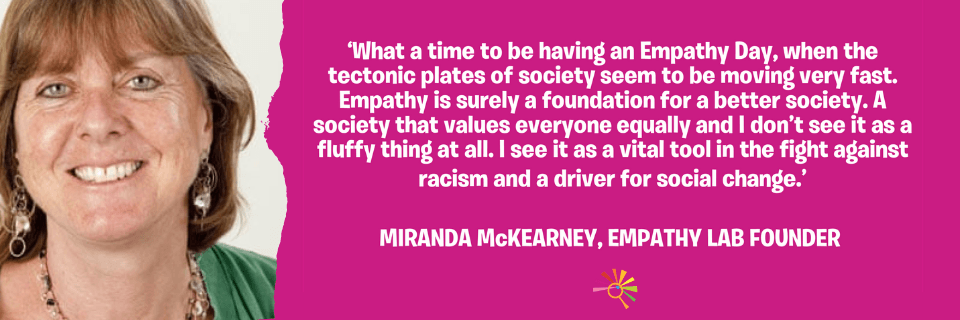
Thank you...
…to all our amazing authors and illustrators. Like all of us, they have been stuck at home with very limited technical facilities but have risen to the challenge magnificently and have all been incredibly generous with their time, energy and creativity.
What fabulous empathy ambassadors!
Empathy Everywhere
As well as our online programme there were lots of empathy related events all over the country. Here's just a small selection...
Author Kate Milner reads her book It's A No Money Day as part of Manchester Libraries celebration of Empathy Day. This book deals with the painful reality of poverty sensitively and without stigma. The video will be permanently available on our Empathy Read Alouds page.
Welsh Laureate, Eloise Williams set a special Empathy Day writing challenge as part of the daily Authorfy ten-minute writing challenges. Click on the image below and scroll to Eloise to have a go!
Konnie Huq tells us all about empathy, reads from Planet Omar by Zanib Mian and tries some Empathy Day activities!
A lovely video from Ysgol Plascrug School. Clwb Clyd - Katie and the Waterlily Pond - Monet for a Day & Empathy Day.
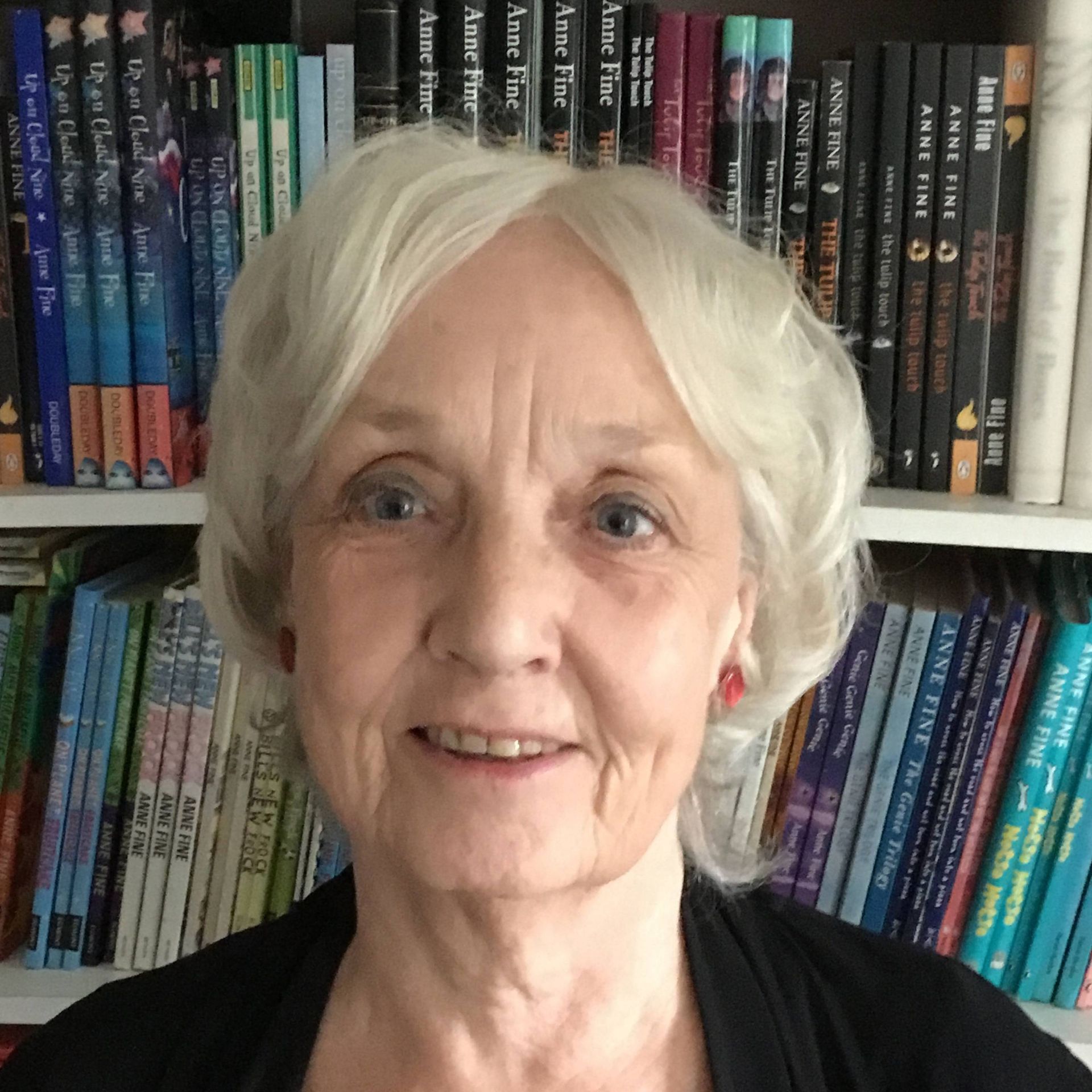
Why has the sheer importance of empathy come to the fore in recent years? Why do we care so much about a concept that had seemed to be left to itself for so long?
Perhaps because there has been so much change and upheaval for our young people in recent years, leaving so many isolated from what we might term ‘real’ contact with others. Lockdown was for many a disaster. The proliferation of phones hasn’t helped. Financially stretched families are often starved of time that can be spent in casual, easy, contact with one another.
So gaining an understanding of others from fiction has become more and more important. Children have always learned from the books and stories they are offered. From the fairy tales, children who lived in an elemental world without luxuries or social safety nets learned the virtues that were so necessary back then to survival: courage, resourcefulness, endurance, quick wits, kindness to strangers.
Our own young people live more tightly under separate roofs, and we have seen the language of books change accordingly - to Mum, the babysitter, playgroup, park, baby sister, Dad’s girlfriend, the bully, happy, worried, sad. It’s the language of relationships and emotions now, and understanding and compassion liberate. They have become the twenty-first century equivalent of Hansel and Gretel’s pebbles gleaming in the moonlight to show the way out of the dark forest.
Frank Flanagan once said good writers “structure, explain and evaluate the experience of childhood and empower the child to come to terms with it. They enable the child to lead a full life."
How? Partly by quite unconsciously increasing self-knowledge and self-awareness. A young reader can’t help but see characters in books unconsciously as if in a mirror. "I'm not like that." "I worry about that too." "I would have been braver”, “slower to catch on”, “tempted to be more mean”. And when this sense comes of no longer being the only one in the world to have this problem, or to feel that way, the child not only comes to realise that they are not alone, but also to gather insights into how other people deal with the same worries or tackle the same problems. In short, they learn, vicariously, how other people tick.
We have so many young people who, it seems, sometimes as a result of their upbringing, often simply by nature, have somehow failed to acquire the tools to begin to think about their own situation. Through fiction they can often begin, safely, to explore the more subtle aspects of life around them - an insight into someone else's life. A child can share desk space with someone else all year and yet learn less about them than about a character in one short book that’s read to them at night. I try to show this in my novel On the Wall , where, over the school year, Finley’s quite exceptional gift for tranquillity and self-acceptance in an anxiety-inducing world causes one fellow pupil after another to look more deeply into themselves, and learn how to rebalance their own way of thinking to become, in the process, calmer, happier, or more accepting.
We all want, for our young people, peace of mind. An excellent start is to explore Lauren Child's wonderful 'Staring into Space' project: https://staringintospace.me/
Then, steep them in fiction. And where better to find the
best than at the EmpathyLab itself?
You can purchase Anne's book, On the Wall,
here
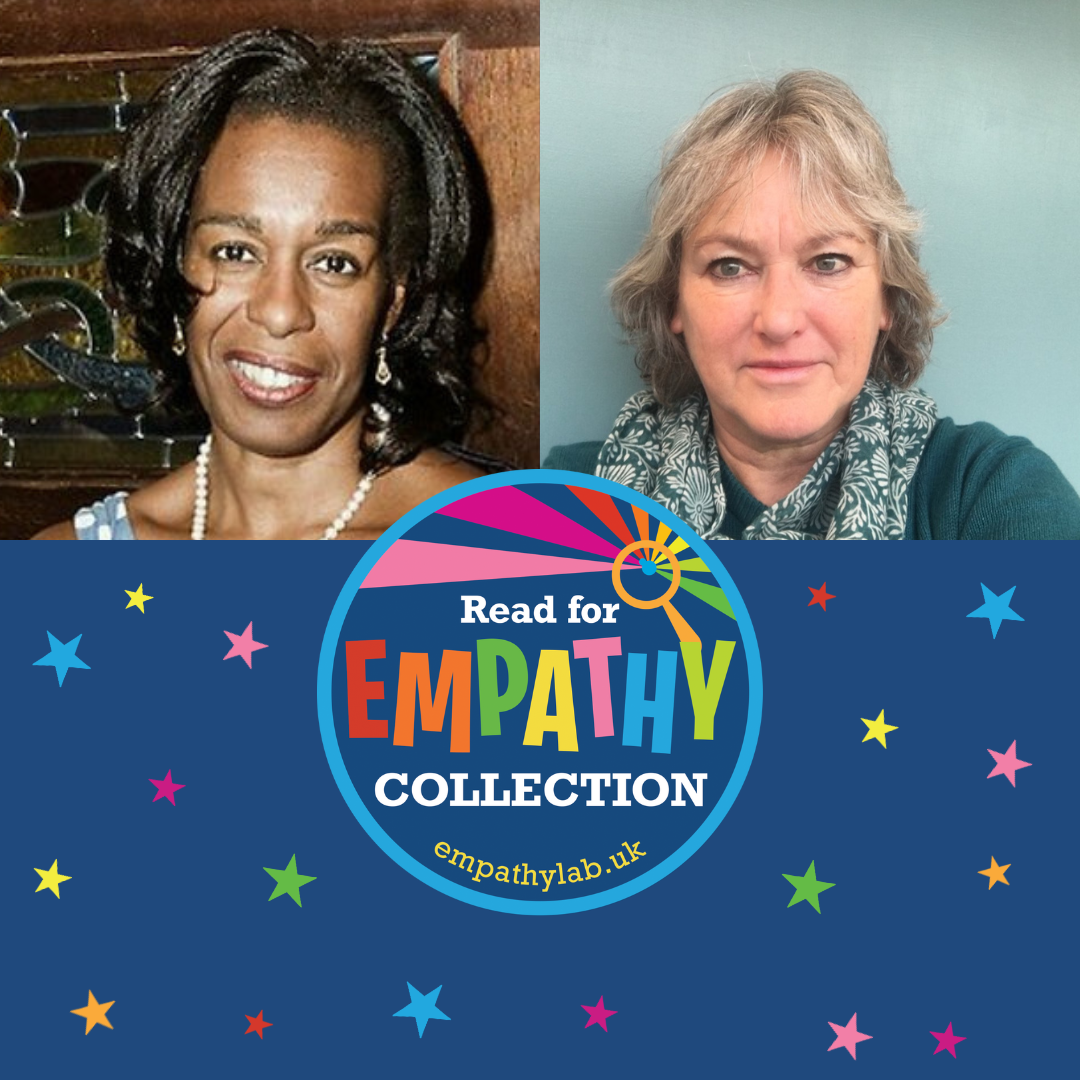
The collection consists of 65 books for 3-16 year olds, each chosen for its unique contribution in building young people’s empathy.
The primary collection for 3-11 year has 40 books; the secondary collection features 25 books for 12-16 year olds.
